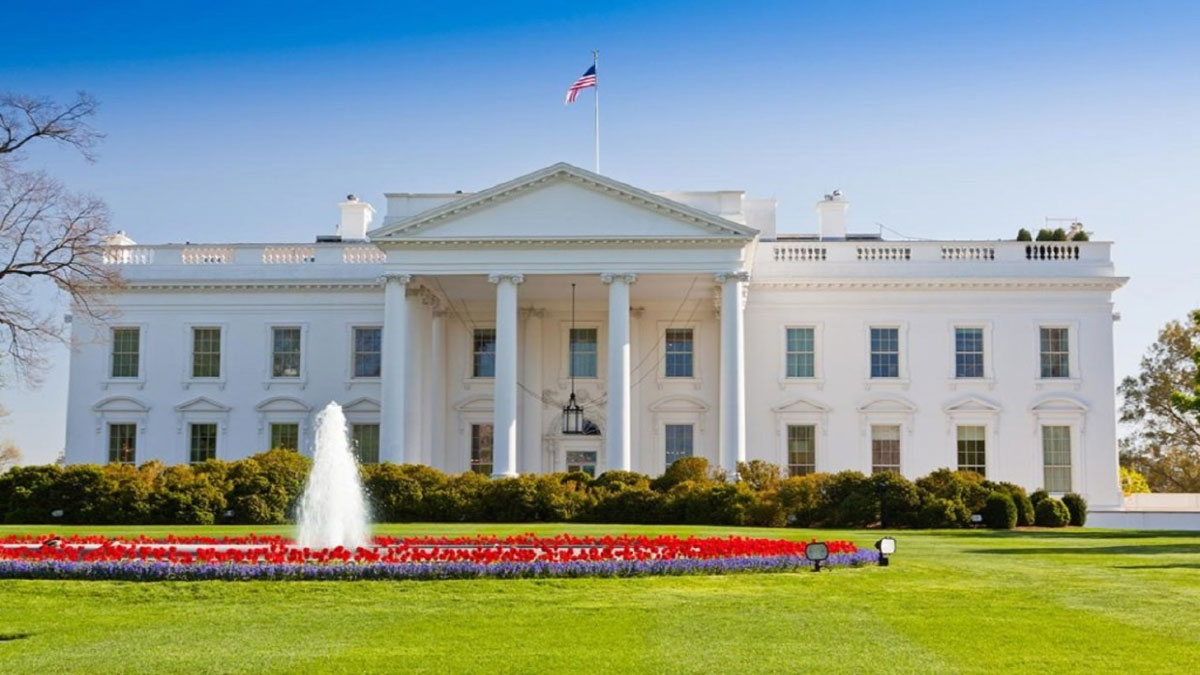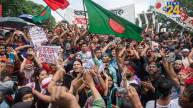Over the murder of the Sikh leader, United States on Tuesday stated that they are in close contact with Canada over the matter and it also urged India to cooperate with the investigation.
“The United States has maintained close communication with Canada regarding the murdered Sikh leader, urging India to cooperate fully with the ongoing investigation,” Reuters states Senior State Department Official as saying.
However, Canadian Prime Minister Justin Trudeau has accused India of involvement in the killing of Khalistani terrorist Hardeep Singh Nijjar earlier this year. Trudeau stated that there are “credible allegations of a potential link” between Indian government agents and the Sikh leader’s murder.
Hardeep Singh Nijjar, a wanted Khalistani terrorist, was killed in June in British Columbia, escalating tensions between Sikh separatists and the Indian government.
Read More: ‘Will Continue Trade Talks With India’: Britain Amid Indo-Canadian Relations Sour
Trudeau emphasized that Canada has expressed its deep concerns to the highest intelligence and security officials in the Indian government. He also stated that he personally and directly discussed these concerns with Indian Prime Minister Narendra Modi during their meeting on the sidelines of the Group of 20 summit in New Delhi last week.
In response to Trudeau’s allegations, the Ministry of External Affairs characterized the claims as “motivated” and “absurd.”
How Was Khalistani Terrorist – Hardeep Singh Nijjar Killed?
Hardeep Singh Nijjar was assassinated by two unidentified motorcycle riders outside a gurdwara in the Punjabi-majority Surrey city of British Columbia, Canada.
Read More: Binishells: Do You Know About This Budget-Friendly Trend For Building Homes?
Nijjar served as the President of the Guru Nanak Sikh Gurdwara and was affiliated with the separatist group Sikhs for Justice (SFJ). He was designated a “wanted terrorist” by the Indian government due to his involvement in violent activities.
The Indian government had urged Canadian authorities to take action against Nijjar, and his name was included in a list of 40 designated terrorists released by the Indian government. Additionally, Nijjar’s organization, Sikhs for Justice (SFJ), is banned in India.













